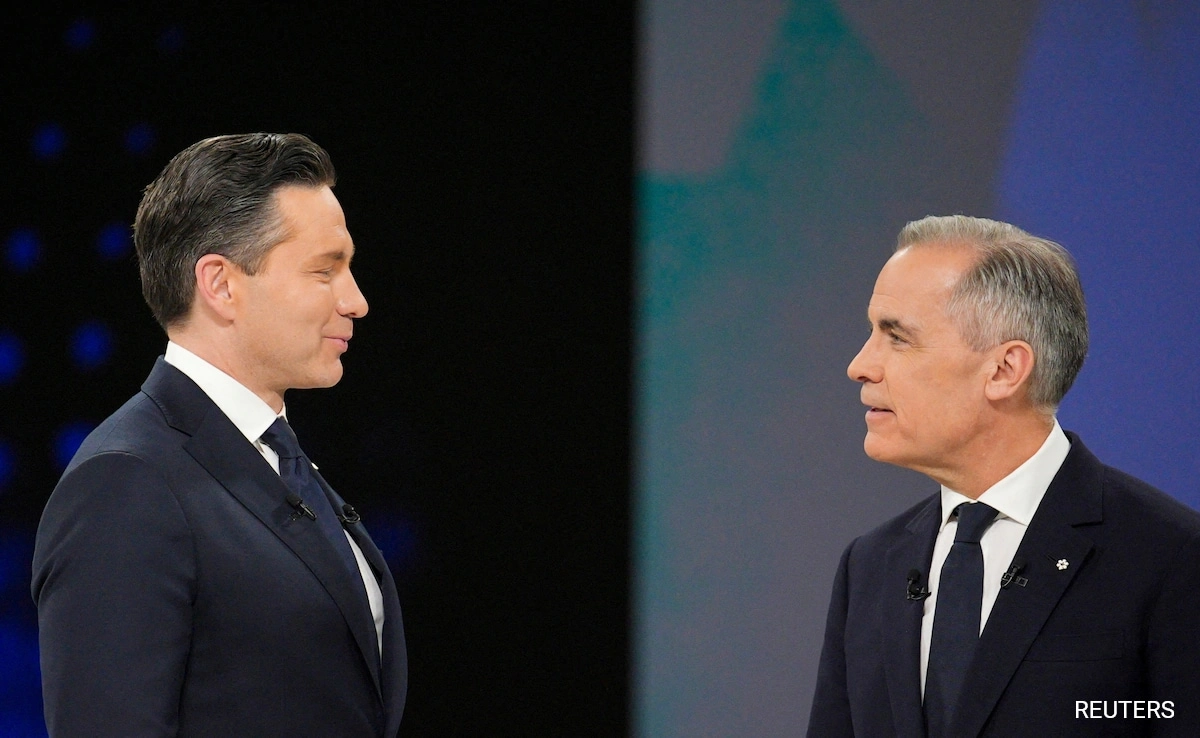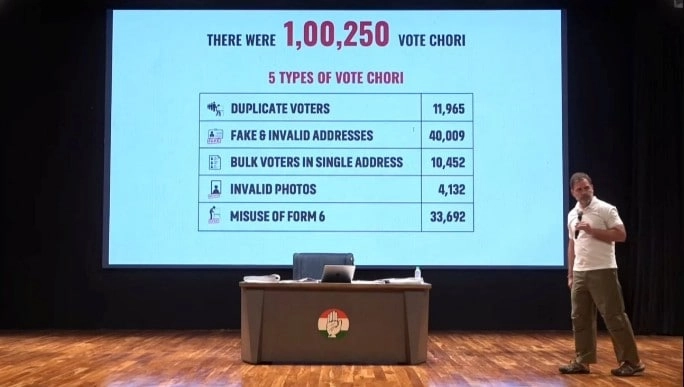As Canadians head to the polls today, the spotlight is firmly on two prominent figures vying for the nation’s leadership: Mark Carney and Pierre Poilievre. Each candidate represents a distinct vision for Canada’s future, appealing to diverse segments of the electorate with their unique backgrounds and policy proposals. Mark Carney, a former governor of the Bank of Canada and the Bank of England, brings a wealth of experience in economic management and international finance. His campaign has focused on sustainability, innovation, and addressing the pressing challenges of climate change, positioning him as a leader who emphasizes a progressive approach to governance.
On the other hand, Pierre Poilievre, a seasoned politician and member of the Conservative Party, advocates for a more traditional approach to economic policy, emphasizing fiscal responsibility and individual liberties. His platform resonates with voters who prioritize economic freedom and are concerned about government overreach. Poilievre’s message appeals particularly to those who feel that the current administration has not adequately addressed issues such as inflation and rising living costs. As the day unfolds, Canadians are faced with a critical choice that will shape the country’s direction for years to come.
The stakes are undeniably high, with both candidates offering contrasting visions that reflect broader ideological divides within Canada. Voter turnout will be crucial, as each party mobilizes its base to secure the necessary support. Polls have indicated a competitive race, with the potential for surprises that could alter the political landscape. As Canadians cast their ballots, they are not just voting for a prime minister but also for the values and priorities that will guide the nation. The outcome of this election will serve as a barometer of public sentiment, influencing policy decisions and the political discourse in the years ahead. Regardless of the results, this election marks a significant moment in Canadian democracy, highlighting the importance of civic engagement and the power of the electorate to shape their future.




